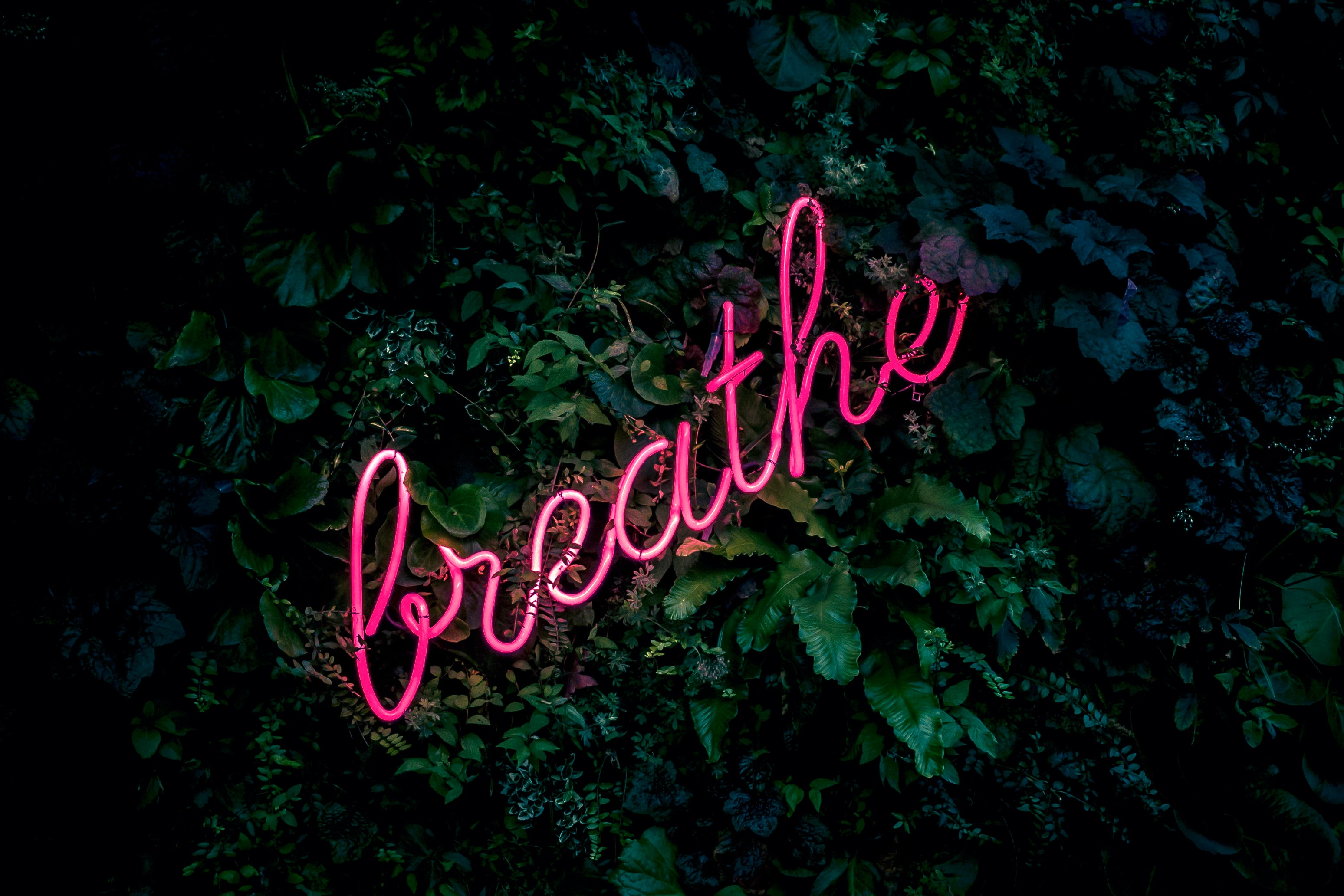Overwhelm. The actual word itself sounds, well; overwhelming. It feels huge, gigantic, stifling, overbearing; a bit like the one relative you don’t want over for Christmas. Why do we experience it? What on earth is this overwhelm anyway?

Contemporary Society conditions us to believe that in order to achieve, to be seen as successful, we must possess the juggling skills of Paul Cinquevalli and be seen as the most efficient, productive, economic human machine known to man. High pressure work environments demand more and more from us daily. Job security is a luxury least afforded these days as the threat of new competition, young blood; employees that can instantly pale into insignificance loyalty and sheer blood sweat and tears keeps some of us on our toes. At the end of the day, we are human; not machines. The traditional business model requires full and undulating attention to detail, even out of hours; in the home people are still in work mode. The impact that this has on relationships and the delicate eco-system of family life is often catastrophic. Does it really need to be this way? Covid 19 taught us all that at any time, life as we know it, business as we know it, economics as we know it; can be deconstructed. Many businesses have discovered that it is more economically viable to have employees work from home. The entire social construct of wake up, commute, work, return home has been turned on its head. We don’t actually need to adhere to this formula.

If you are experiencing overwhelm, there are some psychological tools at your disposal that you may not realise you have. The power to say no is the most obvious one, however, this is not always an option if you are stuck between a rock and a hard place with your workload and employer expectations. Your first line of defence should be to delegate. If you have junior members of staff that you can delegate some tasks to, then do so; as long as they themselves are not overloaded. The next step is to slow your work down. Yes, that’s right, just reduce speed. List the most important things you need to do today and concentrate on those and nothing else. The benefit here is that you will be more productive and the results that you produce will be more effective. Try using Steven Covey’s quadrant technique whereby you list;- urgent and important, not urgent and important, urgent and not important, and finally; not urgent and not important. This is particularly helpful if you run your own business.
Keep hydrated and make sure that you eat. When we are overwhelmed, we tend to completely neglect our own physical, emotional and psychological needs. The stress builds up and we do not feel like we want to eat, or we may overeat processed foods, caffeine drinks and snacks in a misguided attempt to keep out energy resources firing.
Stop and acknowledge the sensation of overwhelm that you are experiencing. In my own experience, it felt like I could not think straight, everything was jumbled, my mind resembled a washing machine on a full spin cycle. The feeling in my gut was one of panic, as if I was in immediate danger. When overwhelmed, the amygdala-the brain’s fight or flight centre, thinks you are in danger and releases adrenaline; which in turn triggers a physiological stress response. Over time, this can cause serious physical ailments.

The moment you feel overwhelmed, use mindfulness to bring your psychological state back to one of calm. This can serve to interrupt the neurological to physiological stress response. Recent research has proven Mindfulness to reduce cortisol levels in the bloodstream (Turakitwanakan, Mekseepralard, Busarakumtragul 2013)

Going for a walk and simply just being in nature can help to ground us in times of distress. Water is often regarded in both depth psychology (Carl Jung) and Spiritualism as representing emotions, so if you are near the ocean, go down to the beach and let your bare feet root through the sand and let the ocean trickle over them. The sound of the ocean is calming to the soul and you may find that a meditation audio recording of the ocean will assist in the untangling of your thoughts and the calming of your mind.
In my 1-1 coaching I use psychology, neuroscience and art to explore sensations of overwhelm, self sabotage, self-doubt and many other issues; with the intention of assisting the client to then ‘reset their mind’ by unlocking their own innate wisdom through the use of colour and creativity. You may find it useful to draw, doodle or paint when feeling stressed or overwhelmed. Your art does not need to be a masterpiece, you just regress to childhood where you made a mark as part of your exploration of the world around you. Let it flow. Make your artwork as colourful and expressive as you can. As humans we are meant to be creative, so explore your creative side and the therapeutic cognitive process of creating. I know from experience that you will find art a great healer in times of stress and overwhelm.
Above all, remember that you cannot mentally or physically do more than one task at a time. We are our own self critics and often demand the most from ourselves.
References:
Turakitwanakan W, Mekseepralard C, Busarakumtragul P. Effects of mindfulness meditation on serum cortisol of medical students. J Med Assoc Thai. 2013 Jan;96 Suppl 1:S90-5. PMID: 23724462.

